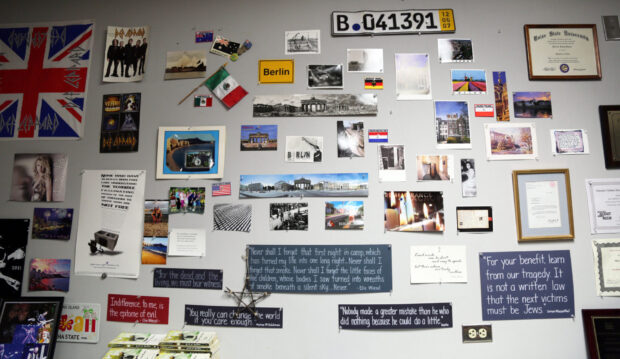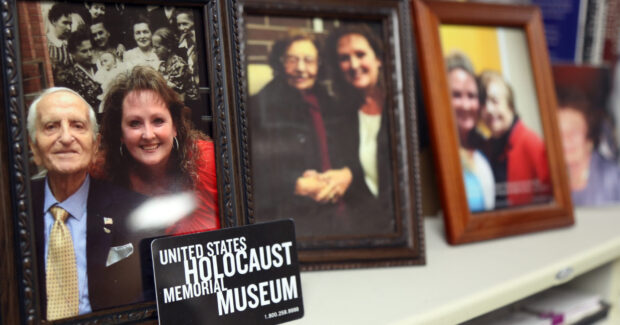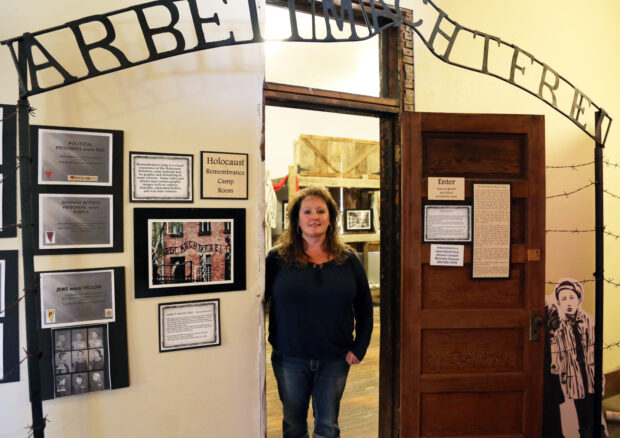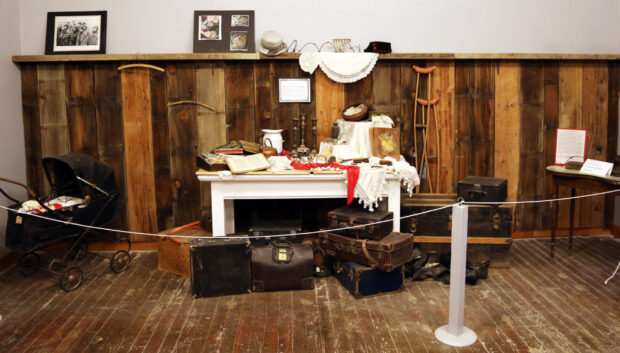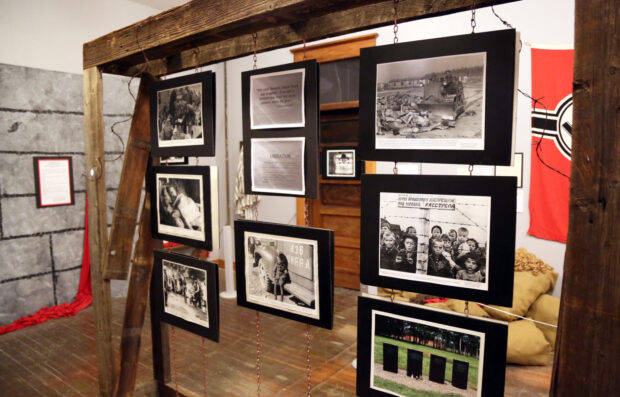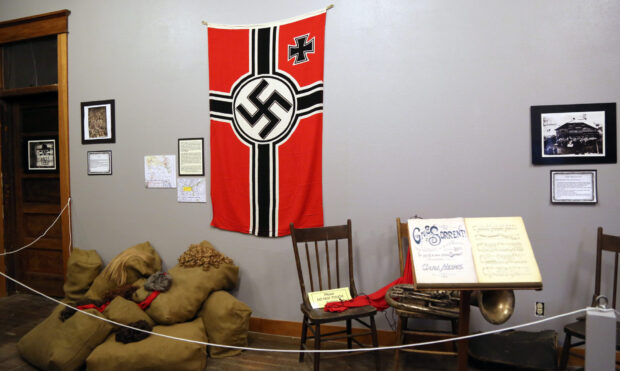WEISER — Michelle Chavez begins class every morning discussing the words from Holocaust survivors.
“I swore never to be silent whenever and wherever human beings endure suffering and humiliation. We must always take sides. Neutrality helps the oppressor, never the victim. Silence encourages the tormentor, never the tormented.” — Elie Wiesel, a Holocaust survivor.
What does it mean? How does it make you feel?
Freshman Alyssa Olvera said Wiesel’s words mean that people must speak up for others because justice for one means justice for all. If one person is affected, then everyone is affected.
Chavez teaches a Holocaust literature class at Weiser High. She wants her students to embrace the uniqueness of people from different races, different cultures, different religions and different lifestyles.
“I’m teaching them to be an upstander, not a bystander,” she said. “ I want to show my students how to be an upstander and motivate them to treat all people with kindness and respect.”
Chavez is a 23-year educator and a human rights advocate. Last month she was named the Idaho Human Rights Educator of the Year by the Wassmuth Center for Human Rights. The award is given annually to an educator who shows passion for teaching youth about human rights.
Teaching the Holocaust
Chavez created the Holocaust literature class 14 years ago at Weiser High School. Nearly 1,400 students have gone through the class and she has taught online to students in Melba, Murtaugh and Payette.
“It’s the greatest thing I’ve ever done,” Chavez said.
Chavez’ students used to write to Elie Wiesel, a Holocaust survivor and author who fought for peace and human rights. He would send letters in return before he passed away last year.
“Weisel taught the world many lessons about the effects of hatred and intolerance,” Chavez said. “Lessons from the Holocaust are a reminder to students that history repeats itself.”
One of her favorite parts of the class is sharing Holocaust survivor stories with her students. Chavez has met many survivors and pictures of those meetings grace her walls. Chavez considered Boisean Rose Beal a friend. Beal was a Holocaust survivor who died in 2014.
“I want to know what lessons the survivors want students of today to know,” Chavez said. “They’re not going to be around forever and it’s my responsibility to help their voices be heard.”
Every semester, Chavez takes her students on a field trip to the Idaho Anne Frank Human Rights Memorial.
“It is a visual reinforcement of the ideals I teach in class,” she said. “It is my goal for students to go to the memorial and reflect on the lessons that the memorial visually presents and connect them to the lessons they have learned in my classroom.”
Experiencing the Holocaust
Chavez feels fortunate to have met Amy Herzfeld-Copple 10 years ago. The chance meeting in the the copy room at Weiser High School led to a world tour of Holocaust memorabilia.
Herzfeld-Copple worked for the Wassmuth Center for Human Rights at the time and she invited Chavez to the Wassmuth Center for Human Rights trip to Europe. Chavez was able see the Anne Frank House in Amsterdam, toured Berlin, Poland and Auschwitz.
“Nothing has been the same since,” Chavez said.
Traveling through Europe inspired Chavez to bring her experience to Weiser. Chavez received a $2,000 grant, which funded a visual Holocaust remembrance camp in 2010. The exhibit is on display at the Snake River Heritage Center in Weiser.
“It’s a great opportunity to have in little Weiser,” Chavez said.

